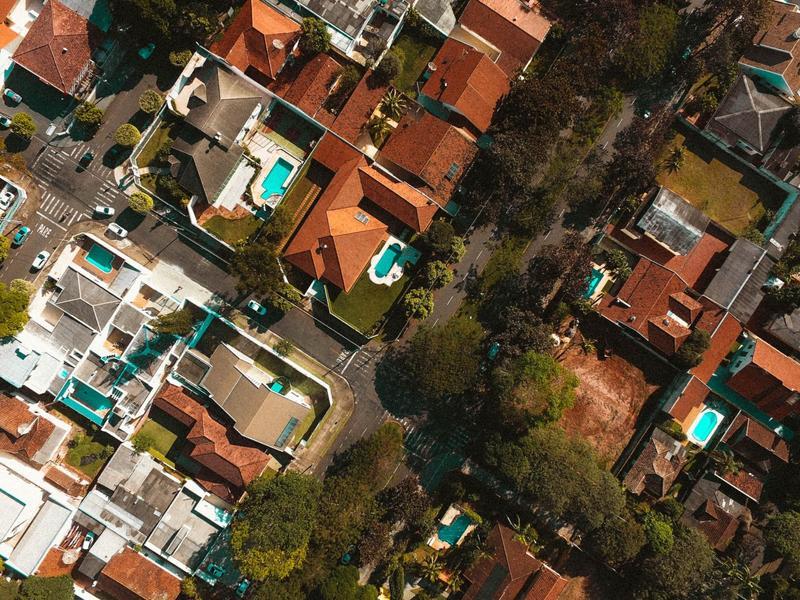Make Your Life a Little Easier This Summer
Make Your Life a Little Easier This Summer

For a large part of the population, saving money is more important now than ever. There are several ways of cutting household expenses here and there. One of the best ways is by lowering your monthly utility bill. This will not only save you money, but it will also help to preserve the environment by lowering energy consumption. Keep your finances and the planet in the green by:
Raising the Temperature
Setting your thermostat temperature to at least 75 degrees will make a positive impact on your utility bill. Remember to set it higher (around 78 degrees) when you leave the house. Be sure to keep it comfortable for pets that you may have, though. A smart thermostat is a great investment and will pay for itself in the long run. Some will learn your routine and will begin self-programming based on your daily habits.
Running Fans
Running a fan will generally make the room seem up to four degrees cooler than its actual temperature. This means that you can raise the temperature on your thermostat four degrees without feeling much difference. Be sure to set your ceiling fan blades to rotate counterclockwise in the summer and on a low speed. This setting will allow cool air to be pushed down into the room. Anytime you’re going to leave the room for more than half an hour, turn fans off to save electricity from the running fans.
Replacing Filters
Replace your HVAC air filters every three months. Begin the spring with a new air filter before you start running the air conditioner regularly. This will ensure that the filter is filtering allergens (e.g., pollen) to its full capacity at the time of year that you need it most. Your air conditioner will also have to work harder, using more energy, if the air filters are dirty.
Harnessing Solar Power
While it requires an initial investment, installing solar panels at your home will pay for itself down the road (check with your state regarding tax credits and rebates). On sunny days more energy will be harnessed than you’ll use, so the extra will go towards supplying the electrical grid (your utility company may credit your bill for this). By using solar power you’re reducing your use of the electricity that’s coming from the local power plant, thereby reducing pollution.
Choosing the Microwave
Avoid overworking your air conditioner by opting for your microwave over your oven. It uses only about one-third of the energy, and it also doesn’t contribute heat to the kitchen the way an oven does; an oven can raise the temperature of a kitchen up to 10 degrees. If you have to bake, consider using a toaster oven instead of a full-size oven. Outdoor grilling is also a great way to conserve energy; you’re using no electricity and you’re keeping the extra heat out of your home.
Using LED Bulbs
LED bulbs only generate about half the amount of heat that incandescent bulbs produce and they use approximately 75% less energy while staying cool to the touch (a traditional bulb can turn up to 90% of its energy into heat, heating your room). You’ll save on energy costs and you’ll also buy light bulbs less often since LED bulbs last about 50 times longer than incandescent bulbs.
Sealing Cracks
Small openings around doors and windows can let warm air inside and cool air outside. Keep your home more energy efficient by sealing cracks with weatherstripping or caulk.
Closing Curtains
Having sunlight coming through your windows in the winter can do wonders warming up a room. It’s great in the winter, but in the summer it will cause your air conditioner to work more than it needs to. Use blinds and curtains to block the sun during the warmest times of day (between noon and 4 p.m.), especially for south-facing windows.
Stay cool this summer while still conserving your household’s energy usage. You’ll be limiting your reliance on the local power grid, which will save money and help the environment.
Be the first to post a message!